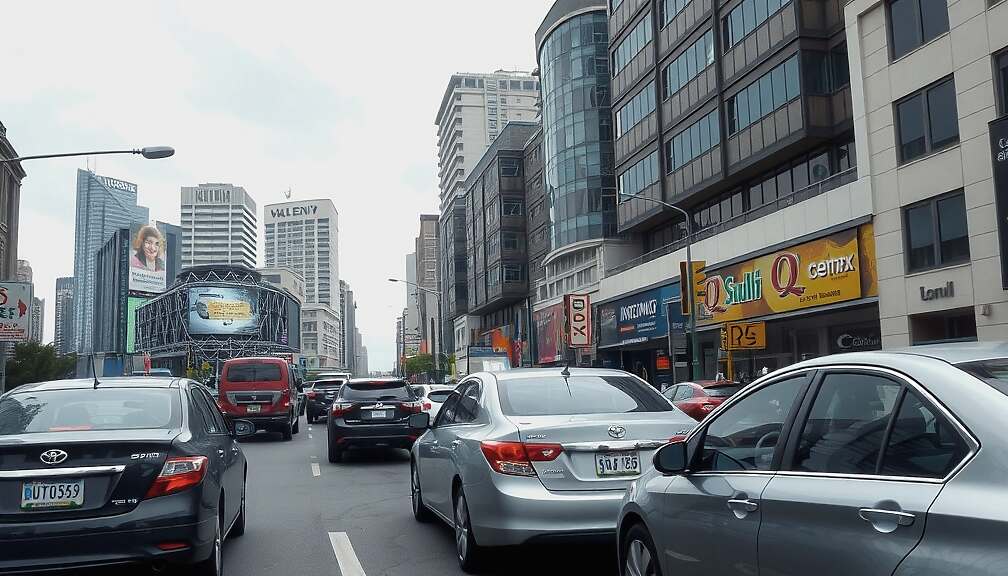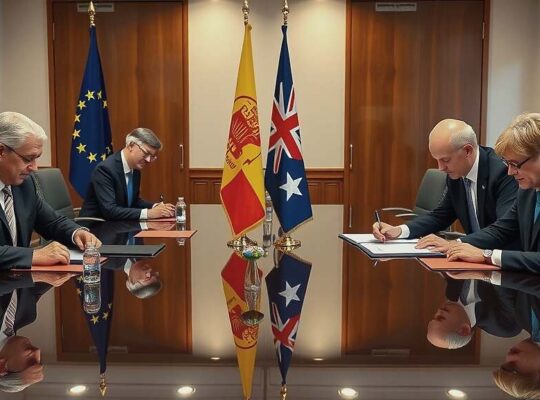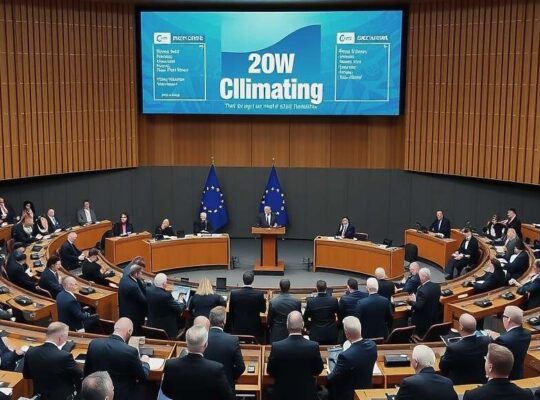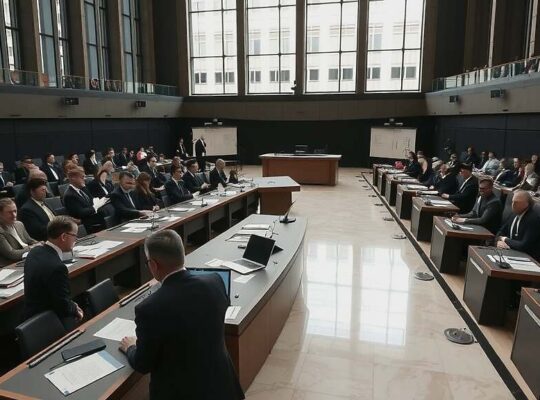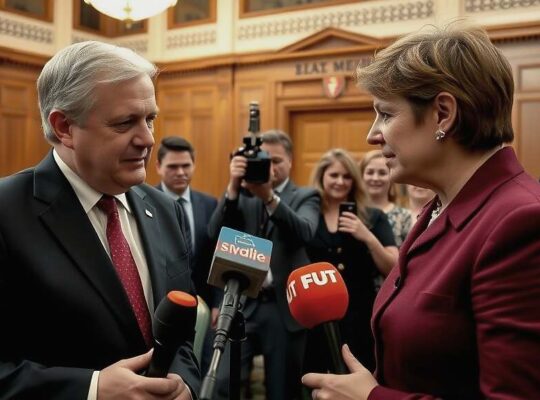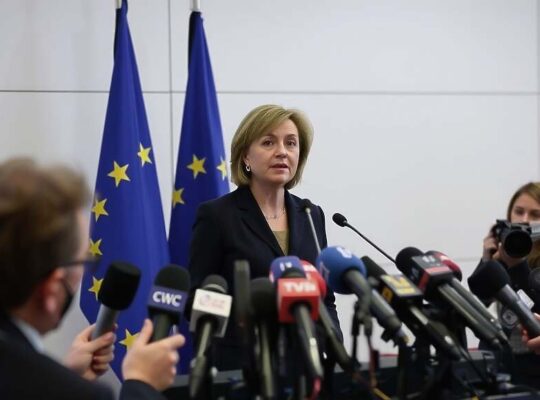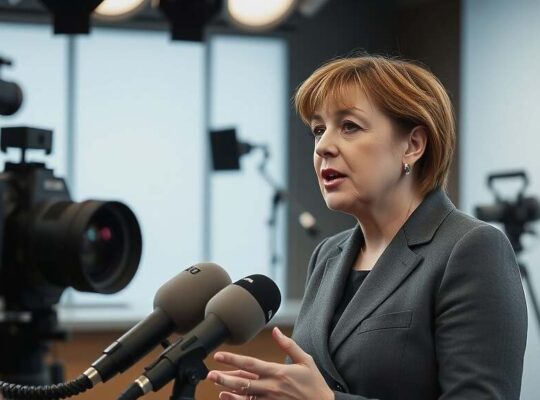Bosch CEO Stefan Hartung is calling for a reassessment of Europe’s planned phase-out of internal combustion engines (ICE vehicles), citing concerns over infrastructure readiness and consumer demand.
In an interview with “Der Spiegel”, Hartung argued that neither the necessary charging infrastructure nor sufficient consumer appetite for electric vehicles (EVs) currently exist across Europe to support a full transition to electric mobility by 2035. He expressed fears that prematurely ending ICE vehicle sales could lead consumers to purchase them in the years leading up to 2035, ultimately undermining climate goals while simultaneously shrinking the automotive market.
Hartung also cautioned against simply postponing the phase-out date. He believes setting a fixed percentage target or a prohibition deadline is not the optimal approach. Instead, he suggested that reducing the CO2 footprint can be achieved by 2045 or 2050 without such rigid regulations. He underscored the importance of considering the source of electricity used for charging EVs and the fuel used by ICE vehicles, saying, “It’s too late in five years to clarify that.
The EU aims to achieve climate neutrality by 2050 and Germany has accelerated its target to 2045 following a ruling by the Federal Constitutional Court. The European Court of Human Rights recently reinforced that adhering to a fairly distributed CO2 budget crucial for limiting global warming to 1.5 degrees Celsius is a key legal consideration. Excessive CO2 emissions could legally necessitate an earlier transition and conversely, progress toward reduction could justify a more gradual approach.
Hartung particularly voiced concerns about the impact on automotive suppliers, especially in the face of growing competition from China. He predicts that a significant number of ICE vehicles will continue to be produced after 2035, but current regulations will prevent these vehicles from being sold within Europe.
Current regulations, known as “fleet emission targets” limit the average CO2 emissions of new cars registered within the EU to 93.6 grams per kilometer. This target will be progressively lowered to zero grams per kilometer by 2035, effectively prohibiting the sale of new ICE vehicles. These fleet targets are part of the “Fit-for-55” package, designed to put the EU on track to limit climate change to slightly above 2 degrees Celsius. Recent rulings by international courts have highlighted the potential for states to be held liable for damages resulting from exceeding the 1.5 degrees Celsius threshold.


